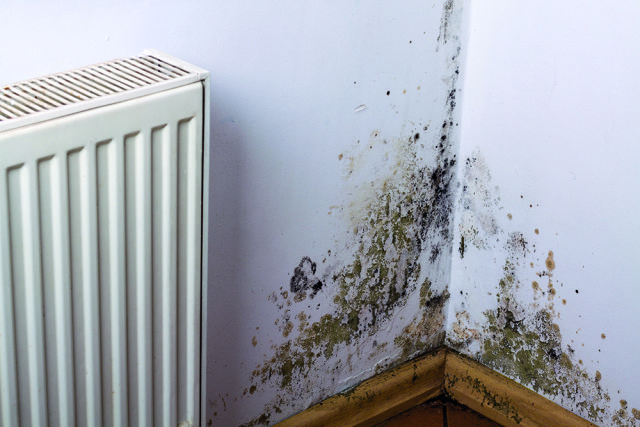IAQ powers and funding for Local Authorities

Health experts call for LAs to gain more powers and funding to address poor indoor air quality.
A group of health experts has called for local authorities to be given more powers and funding to address the poor state of indoor air quality (IAQ) in homes, schools and public buildings.
The Royal College of Paediatrics and Child Health (RCPCH) and the Royal College of Physicians carried out a wide-ranging survey of buildings that revealed how poor IAQ was directly damaging the health of children. Their report captured the findings of 221 studies and found evidence linking indoor air pollution to a range of childhood health problems including asthma, wheezing, conjunctivitis, dermatitis and eczema.
Sources include smoking, damp, the burning of fossil fuels and wood, dust, chemicals from building materials and furnishings, aerosol sprays and cleaning products, the researchers said.
“Too many of our homes and schools are damp and poorly ventilated – this is adversely affecting the health of children,” said RCPCH paediatric respiratory consultant Jonathan Grigg.
The report also pointed out that IAQ tends to be worse in low-quality housing and older buildings due to inadequate or poorly maintained ventilation – and that indoor air can be between 5 and 13 times more polluted than what is outside due to contaminants including damp, traffic fumes and particulates from wood burning.
“More than three million families live in poor quality housing in the UK,” said Royal College of Physicians special advisor Stephen Holgate. “Most will not have enough money to make improvements and have no option but to make do with damp, under-ventilated environments.”
Picture credit: Shutterstock.com/Cegli







